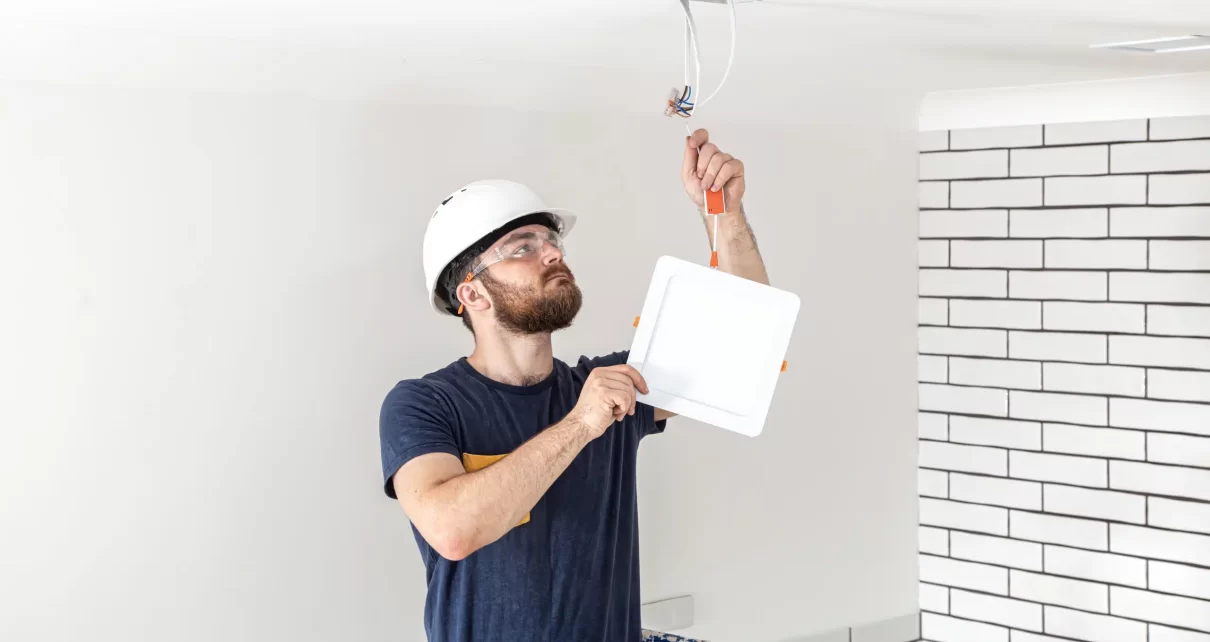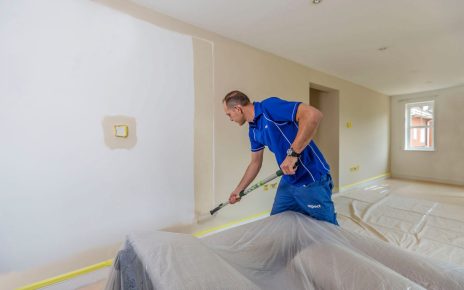Home renovation projects involving electrical work require proper permits to ensure safety and code compliance. Many homeowners overlook permit requirements, leading to potential safety hazards and legal complications. Advanced electrical services combine technology and knowledge to improve safety, optimize systems, and ensure consistent performance under varying energy demands. Proper permitting protects both property value and occupant safety while avoiding costly corrections later. The permit requirements before starting renovation work prevent delays and ensure smooth project completion. Building departments maintain specific requirements that vary by jurisdiction, making research essential before beginning any electrical modifications to your home.
Mandatory permit scenarios
Most electrical modifications beyond simple fixture replacements require permits. Adding new circuits, upgrading panels, installing outdoor lighting, or rewiring sections of your home typically requires approval. Local building departments maintain specific requirements that vary by jurisdiction, making it essential to check regulations before starting any project. Circuit additions for kitchens, bathrooms, or garages always require permits due to heightened safety concerns. These areas involve water proximity or heavy electrical loads that demand careful planning and inspection. Even seemingly minor changes like adding outlets in these spaces trigger permit requirements.
Renovation types needing permits
Several renovation types automatically trigger electrical permit needs. Kitchen remodels often involve new appliance circuits, additional outlets, and updated lighting systems. Bathroom renovations require GFCI protection and proper ventilation fan installation.
Basement finishing projects need comprehensive electrical planning, including:
- New circuit installation for lighting and outlets
- Proper grounding systems for safety
- Emergency egress lighting where required
Whole-house rewiring projects represent the most complex permit scenarios. These extensive renovations require detailed plans, multiple inspections, and coordination with other trades. Licensed contractors handle the intricate permit process while ensuring compliance with current electrical codes.
Application and documentation
The permit application process begins with detailed electrical plans showing proposed work. These drawings must indicate circuit locations, load calculations, and safety device placements. Building departments review submissions for code compliance before issuing permits. Required documentation typically includes electrical load calculations for new circuits, equipment specifications and installation methods, plus a timeline for completion and inspection scheduling. Licensed electricians often handle permit applications as part of their service packages. Their expertise ensures proper documentation and reduces approval delays. Some jurisdictions require licensed electricians to pull permits, prohibiting homeowner applications for complex work.
Inspection phases
Electrical work proceeds through multiple inspection phases during renovation projects. Rough-in inspections occur after running cables but before covering walls. Final inspections happen after all connections and fixtures are complete. Scheduling inspections requires advance notice, typically ranging from same-day to several days, depending on local department workloads. Failed inspections delay project completion and may require permit amendments for corrective work. Inspection phases cover underground or embedded wiring verification, panel and service entrance examination, plus final safety and functionality testing.
Unpermitted work consequences
Skipping permits creates serious long-term problems beyond immediate safety concerns. Damage claims may be denied by insurance companies due to unpermitted electrical work. Property sales can encounter delays when unpermitted modifications are discovered during inspections. Code enforcement actions can result in stop-work orders and mandatory corrections. These situations often cost more than the original permit fees and create project delays. Some jurisdictions impose penalty fees for retroactive permit applications after discovering unpermitted work.
Licensed electricians carry proper licensing and insurance coverage that protects property owners. This comprehensive approach ensures renovations meet current safety standards while protecting property values and occupant well-being through proper electrical system installation and maintenance.





